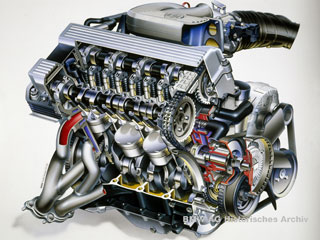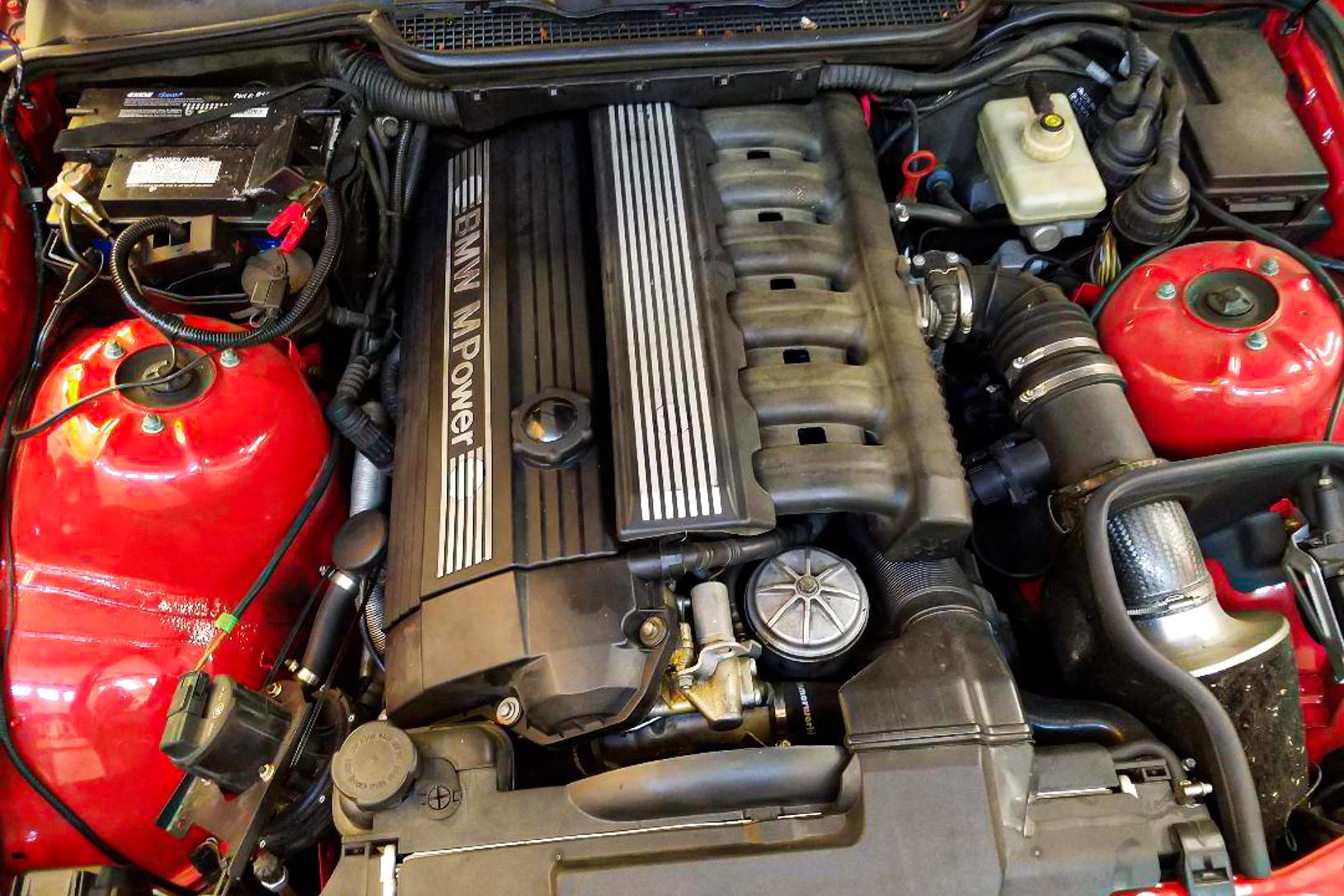Vital Considerations for Choosing the very best Engine for Your Requirements
In the realm of picking the perfect engine to satisfy your needs, a number of vital elements need meticulous factor to consider to make certain ideal efficiency and efficiency. From the nuanced balance in between power and performance to the often-overlooked facets of maintenance and solution needs, each facet plays a pivotal function in identifying the most suitable engine for your specific needs.
Power and Efficiency
When assessing engines for ideal performance, it is essential to focus on both power outcome and performance. Power result determines the ability of an engine to generate energy, which directly affects its efficiency. A high power result is important for demanding jobs such as sturdy applications or high-speed requirements. It makes certain that the engine can deal with the work properly and successfully. Nevertheless, power alone is not sufficient; effectiveness plays a considerable role in establishing the overall efficiency of an engine. Effectiveness describes exactly how well the engine converts fuel right into usable power. A much more efficient engine will supply far better gas mileage, lower emissions, and minimized operating expenses. Striking the right balance in between power output and efficiency is key to choosing an engine that satisfies your certain requirements. When making this choice, it is essential to take into consideration factors such as the meant usage of the engine, ecological impact, and long-term cost ramifications. By thoroughly reviewing both power and effectiveness, you can select an engine that delivers optimal efficiency and fulfills your needs efficiently.
Fuel Performance and Economic Climate
In the realm of engine selection, the consideration of gas effectiveness and economic situation holds paramount value. Gas efficiency describes the engine's ability to convert fuel right into energy with very little waste, directly influencing operating costs and ecological sustainability. bmw 318ti. When selecting an engine, assessing its fuel economy is critical to determine long-lasting financial savings and ecological impact. Engines with higher gas effectiveness not only reduce gas expenses but likewise lower carbon exhausts, contributing to a greener operation.

Compatibility and Application
Taking into consideration the gas efficiency and economic climate of an engine, the next vital facet to address is its compatibility and application within details operational contexts. Compatibility refers to how well the engine incorporates with the general system or tools it powers.
Moreover, the application of the engine is equally essential. Different engines are designed for specific functions, whether it be commercial machinery, marine vessels, vehicles, or power generators. Understanding the designated application permits the selection of an engine that can supply the necessary power result, torque, and functional features. For circumstances, a high-revving engine developed for check efficiency automobiles would certainly not appropriate for heavy-duty building and construction equipment that calls for high torque at reduced speeds.
Maintenance and Solution Demands
Upkeep and service needs play a vital duty in guaranteeing the long life and ideal efficiency of an engine. Normal upkeep is necessary to protect against malfunctions, prolong the life-span of the engine, and keep its efficiency. When picking an engine, it is important to think about the manufacturer's suggested maintenance routine and the schedule of service centers or certified specialists.
Elements such as the regularity of oil modifications, filter replacements, and total examinations can significantly impact the engine's performance. Some engines may call for even more frequent maintenance based on their design and use, while others may have longer periods in between maintenance checks. It is important to comply with these solution demands to prevent costly fixings and unanticipated downtime.

Expense and Budget Factors To Consider
Spending plan constraints commonly play a considerable function in the decision-making process when picking an engine for a particular application. When thinking about the cost and budget ramifications of picking an engine, it is crucial to evaluate not only the first purchase rate yet also the long-term costs associated with upkeep, fuel consumption, and possible upgrades or repairs. It is important to strike a balance between the upfront cost of the engine and its total lifecycle expenses to make sure that the picked engine stays financially sustainable throughout its functional life-span.
Variables such as fuel effectiveness, integrity, and durability can directly affect the overall cost of possession of an engine. While an extra pricey engine might have greater in advance costs, it might possibly lead to lower upkeep and gas costs gradually, therefore supplying better worth in the long run. Additionally, taking into consideration the schedule and expense of spare components, in addition to the ease of maintenance and solution, can aid avoid unexpected monetary stress in the future. By thoroughly evaluating these expense and budget factors to consider, you can make an informed decision that straightens with your economic constraints and functional needs.
Final Thought

Gas performance here are the findings refers to the engine's ability to transform fuel right into energy with minimal waste, directly affecting operating costs and environmental sustainability.Factors affecting fuel effectiveness include engine layout, combustion performance, and overall efficiency optimization. In addition, selecting the proper fuel type and quality as suggested by the engine manufacturer can additionally improve effectiveness and extend engine life-span.
Engines with good utility attributes and conveniently available components can reduce upkeep costs and lessen the time the engine is out of operation - bmw 318ti. It is critical to strike an equilibrium in between the ahead of time expense of the engine and its overall lifecycle costs to guarantee that the chosen engine stays financially lasting throughout its functional life expectancy